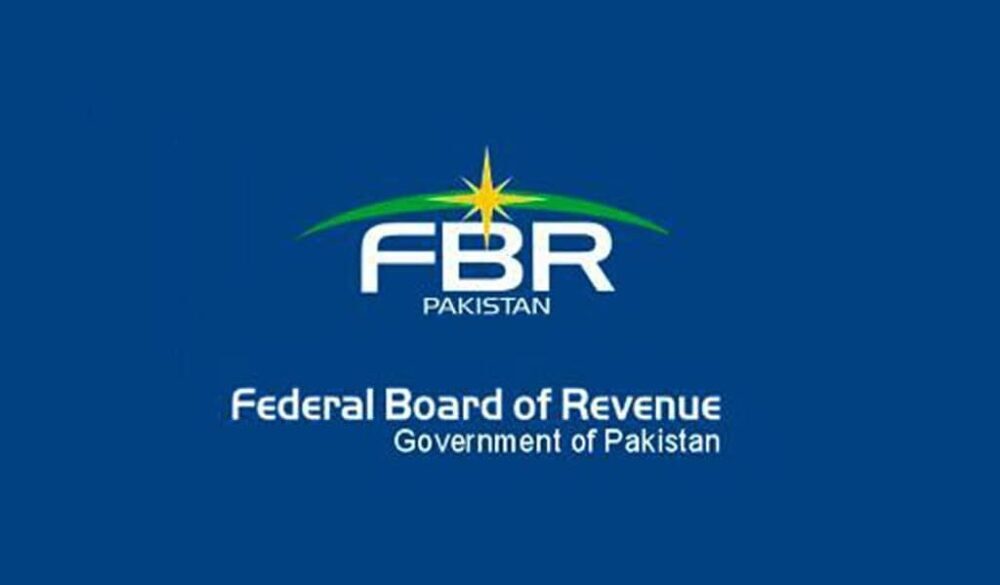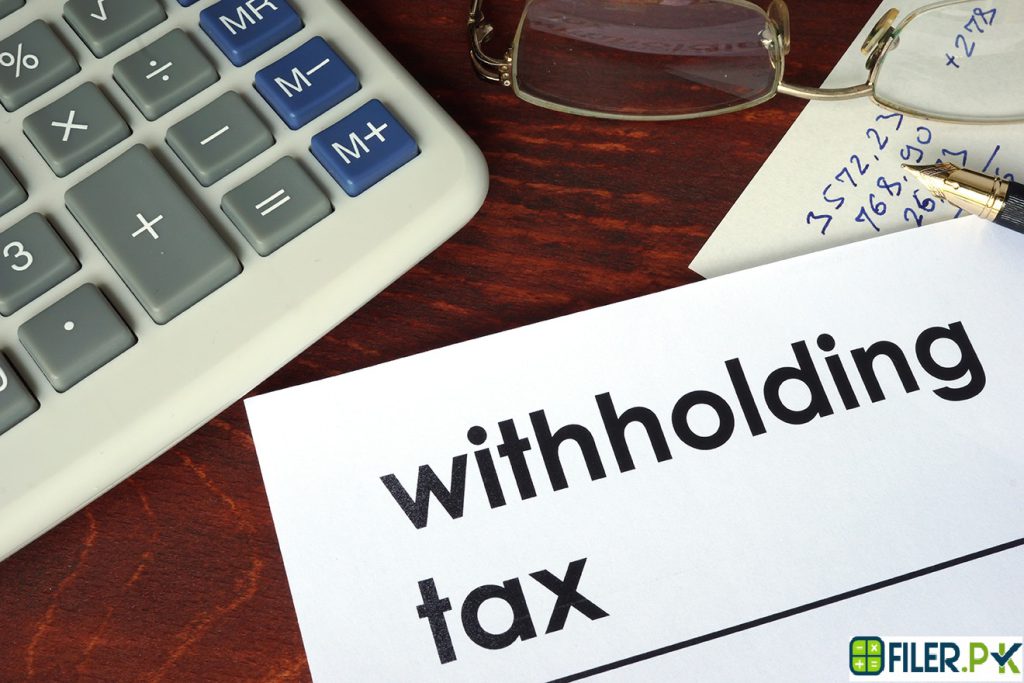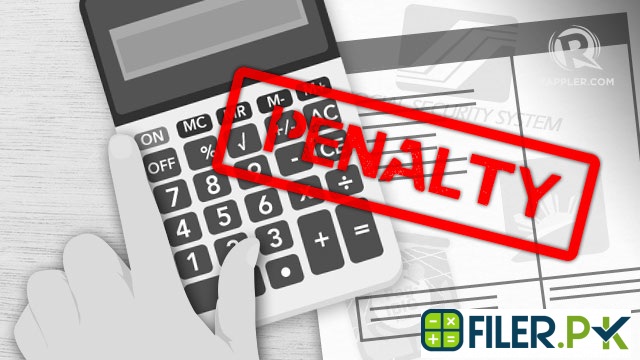Income Tax Rates in Pakistan 2020-21

Here are the income tax rates in Pakistan for year 2022-21 Also Read: What is withholding tax Important Note: Please note as for these income tax rates in Pakistan where a persons is not appearing in the active taxpayers’ list, the rate of tax required to be deducted or collected, as the case may be, […]
What is Federal Board of Revenue?

Federal Board of Revenue (FBR), formerly known as Central Board of Revenue (CBR) was formed on April 1, 1924, with the enactment Central Board of Revenue Act of 1924. The Federal Board of Revenue (FBR) is a special government association of Pakistan to investigate money laundering and tax evasion crimes. The FBR works with all […]
What is Withholding Tax (WHT)?

Withholding tax is a requirement of government for the buyer of any service or item of income to withhold or the deduction of tax from the payment which is paid to the government. Why Withholding Tax? Withholding Tax Trend: Withholding tax (WHT) regime is a worldwide trend and the largest source of national revenue in […]
What are the penalties of being non-filer?

Being a responsible Pakistani, if you haven’t filed your tax then you will have to face the penalties of being non-filer. According to PkRevenue , the date on which you pay your taxes has expired or you may not have the information for your return completion, or you may not have enough money to pay […]
How to pay Income tax in Pakistan?

If you are a filer or taxpayer and want to pay income tax, you can pay it either online or manually. Please see the payment methods: Factors of Income Tax Calculation: Calculating income tax depends on various factors that contain your status whether you are an individual, a company, a firm or a local authority, […]
How to apply for NTN number online?

Other than apply for NTN manually, you can apply for NTN number online through the FBR official website by following steps given below: Online Procedure: Step 1: First of all, you need to go to the website: https://e.fbr.gov.pk in order to apply for your NTN number. Step 2: Here you will see the ‘e-Registration’ tab. All you need to […]